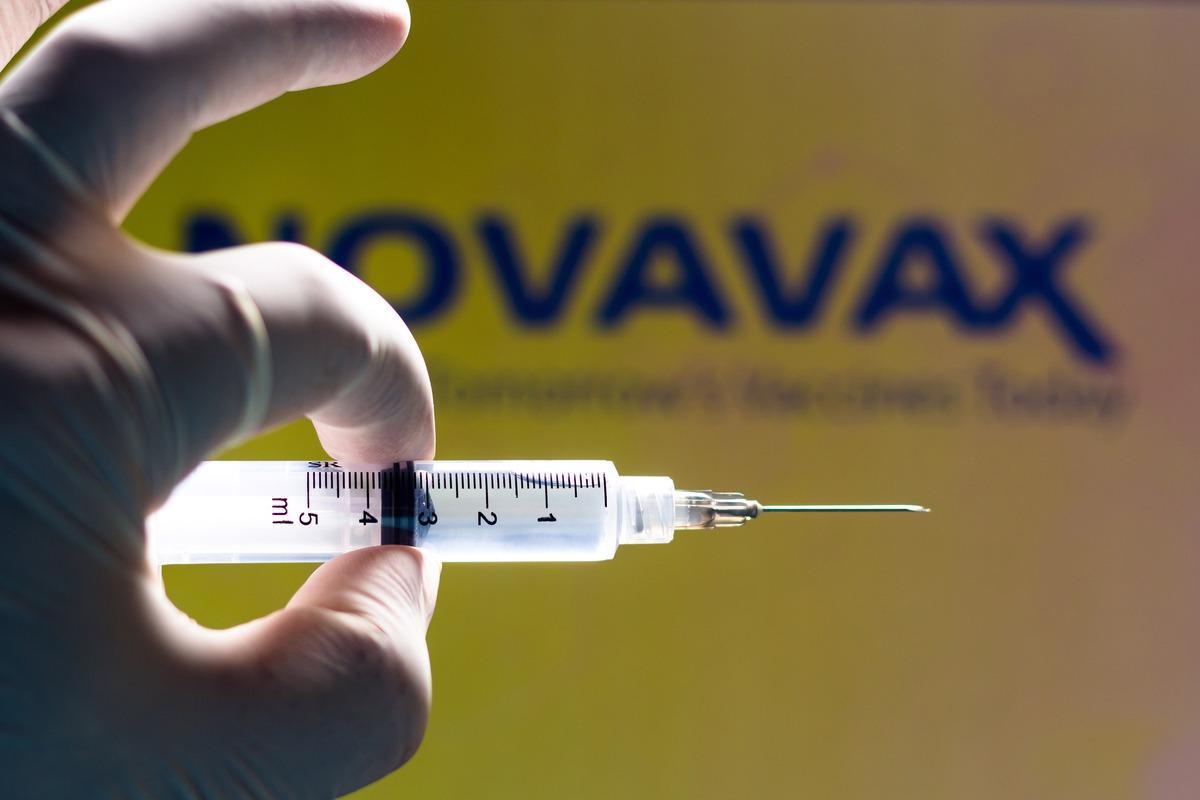Scientists have worked at a record speed to develop vaccines to contain the coronavirus disease 2019 (COVID-19) pandemic, which has been caused by a novel coronavirus, namely, severe acute respiratory syndrome coronavirus 2 (SARS-CoV-2). Several COVID-19 vaccines, based on different technologies, have received emergency use authorization (EUA) from global regulatory bodies.
 Study: Efficacy and Safety of NVX-CoV2373 in Adults in the United States and Mexico. Image Credit: rafapress/Shutterstock
Study: Efficacy and Safety of NVX-CoV2373 in Adults in the United States and Mexico. Image Credit: rafapress/Shutterstock
Background
Despite all of the COVID-19 vaccines showing significant reduction in the disease burden in clinical trials, the development of more effective vaccines is urgently required in the light of the emergence of more virulent and transmissible SARS-CoV-2 variants, evasion of the vaccine-induced immune response as well as high global demand for vaccines.
A SARS-CoV-2 vaccine, namely, NVX-CoV2373 (Novavax), has been developed using the full-length, prefusion, stabilized, recombinant spike protein trimers generated from the Wuhan-Hu-1 sequence. This engineered spike protein was assembled into nanoparticles and co-formulated with a saponin-based adjuvant (Matrix-M). This vaccine has been reported to be stable at a temperature of 2 to 8°C; therefore, it can be easily stored in refrigerators. Scientists believe that this vaccine can effectively address the global problem of vaccine shortage and manage SARS-CoV-2 infection.
Previous studies have reported that NVX-CoV2373 is safe and immunogenic in adults. The current study showed that it provides high efficacy against severe disease caused by the B.1.351 (Beta variant), in a phase 2b trial in South Africa. Similarly, this vaccine was found to be effective against severe infection caused by the Alpha variants and was assessed in phase three clinical trials in the United Kingdom.
A new study
A new study, published in the New England Journal of Medicine, has described the results of PREVENT-19 (Prefusion Protein Subunit Vaccine Efficacy Novavax Trial–COVID-19), a phase 3 trial of NVX-CoV2373 that included all adults in the United States and Mexico. This study was conducted during a period when the circulating variants were predominantly Alpha, Beta, Gamma, B.1.427 and Epsilon, and Iota.
Scientists have performed a randomized, controlled trial to determine the effectiveness and safety of an adjuvanted SARS-CoV-2 recombinant spike protein vaccine in a study cohort that consisted of approximately 30,000 participants from the United States and Mexico. Researchers continued to assess the duration of protection in a blinded crossover fashion and gauged the overall safety profile of the vaccine among the participants.
About the study
The current study revealed a high (90%) short-term vaccine efficacy of NVX-CoV2373 against COVID-19 infection and 100% effectiveness in preventing moderate-to-severe disease. Researchers found the vaccine to be absolutely safe during a median safety follow-up of 2 months with mild-to-moderate transient reactogenicity. A long-term assessment of the safety of the vaccine has been planned, i.e., the participants would be frequently monitored 24 months after the initial vaccination.
The current trial also determines the efficacy of NVX-CoV2373 in the evolving pandemic. This vaccine showed vaccine efficacy of greater than 90% against the circulating variants in the United States and Mexico that are largely represented by the Alpha variant. The results of this study are in line with the phase three trials conducted in the UK that reported 86.3% vaccine efficacy. Additionally, this vaccine showed high efficacy against other SARS-CoV-2 variants that have not been classified as variants of interest or variants of concern and were more closely related to the original SARS-CoV-2 strain. This study further indicates that the vaccine has effectiveness against a broad range of variants beyond the prototype strain.
Importantly, this study includes the demographic diversity of the trial population and, therefore, it indicates the effectiveness of the vaccine among different races and ethnic minorities. Among the various demographic groups, the efficacy of NVX-CoV2373 among the Hispanic or Latino population, in the United States, was found to be lower compared to other demographic groups. This might be due to an unidentified host or viral factor. A similar finding has been reported for another COVID-19 vaccine; however, the reason behind this finding has not yet been addressed.
Conclusion
This study includes several limitations, for instance, exclusion of participants of older age groups and, therefore, estimation of vaccine efficiency in this group remained unknown. However, the UK phase three clinical trials of NVX-CoV2373 included participants who were above 65 years of age and reported vaccine efficacy of 88.9% which is comparable to the estimates associated with younger age groups. Another limitation of this study is the disproportionate number of unblinding requests by trial participants at the early stages of the trial, which resulted in the exclusion of a large number of participants from the placebo control group.
Although the follow-up period had been limited, i.e., around three months, it had been consistent with the requested period for emergency use authorization. The overall efficacy of this vaccine has been reported to be high irrespective of the circulating strain. However, the authors have proposed long-term safety, blinded crossover, and hazard models for future study to further validate the efficacy and safety of NVX-CoV2373.